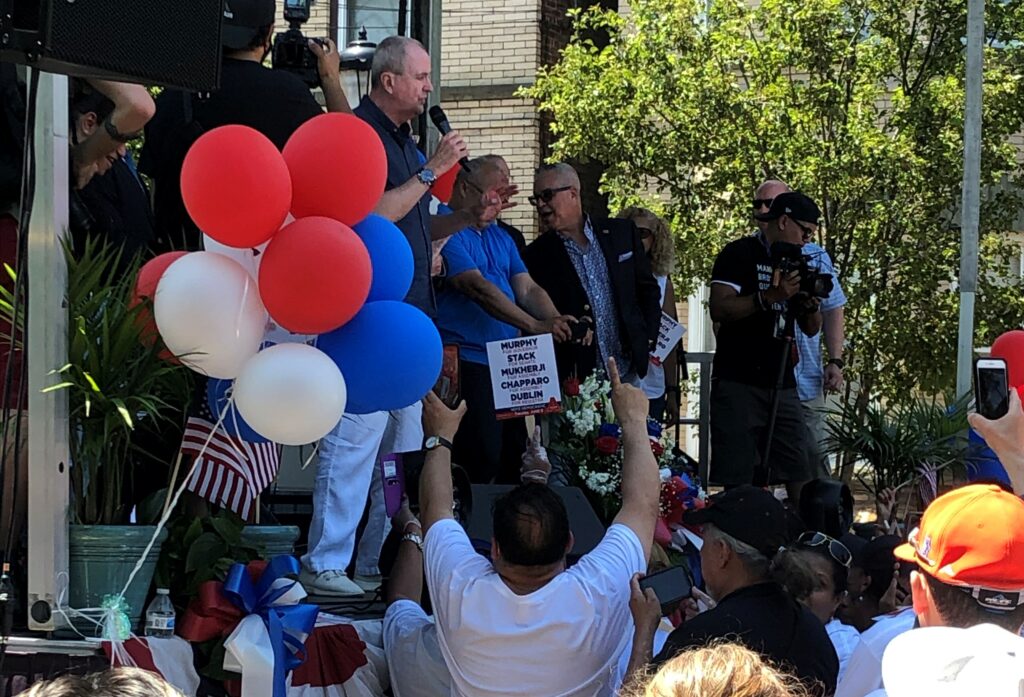Justice Department Reaches Agreement to Protect Voting Rights for Spanish Speakers in Union

The Justice Department announced today that it has entered into a proposed consent decree with Union County, New Jersey, and county elections officials to settle a voting rights lawsuit.
The proposed consent decree was filed in federal court in conjunction with a lawsuit brought by the Justice Department. The Department’s lawsuit brings claims under Section 203 and 208 of the Voting Rights Act regarding the availability of election assistance and materials in Spanish for Spanish-speaking voters with limited English proficiency. Section 203 requires that certain jurisdictions provide election materials and assistance in other languages, in addition to English. These jurisdictions have been determined by the Census Bureau to have a substantial population of citizens who speak a language other than English and who have limited English proficiency. Under Section 203 of the Voting Rights Act, Union County is required to provide assistance and make materials available in Spanish. Section 208 provides a right for voters who need assistance with voting – due to inability to read or write, blindness, or disability – to receive assistance from the person of their choice, so long as that person is not an agent of the voter’s employer or union. The consent decree would resolve the United States’ claims.
“The right to vote is a cornerstone of our democracy,” U.S. Attorney Philip R. Sellinger said. “We will work tirelessly to ensure that every eligible American is able to vote free of unlawful barriers. Through the agreement entered today, we ensure that no one is denied this sacred right simply because they are a Spanish speaker.”
“Language barriers should never prevent an eligible voter from being able to freely participate in the democratic process,” Assistant Attorney General Kristen Clarke of the Justice Department’s Civil Rights Division said. “Equal access to the ballot in a modern democracy means ensuring the availability of bilingual materials for those who are limited English proficient and guaranteeing the right to receive assistance by a person of your choice. We will continue using our voting rights laws to confront the barriers that stand between voters and the ballot box.”
The proposed consent decree, which must be approved by the court, requires the implementation of a comprehensive Spanish-language elections program under Section 203. The Union County Clerk and Board of Elections will provide all election-related information in both English and Spanish, including information in the polling places and online. The Union County Board of Elections will also ensure that in-person language assistance is available at all early voting sites and at each election district with at least 100 Spanish-surnamed registered voters. Spanish-language assistance will continue to be available to all voters by telephone during elections. In addition, the consent decree provides that any voter covered by Section 208 who needs assistance to vote may be assisted by the person of that voter’s choice, other than an agent of the voter’s employer or union, during any stage of the voting process. The consent decree also provides that federal observers may monitor election day activities in polling places in Union County.
Individuals may file voting rights complaints with the Civil Rights Division either online here, or may call (800) 253-3931. Individuals may also contact the U.S. Attorney’s Office for the District of New Jersey either online here or may call (855) 281-3339.
More information about the Voting Rights Act and other federal voting rights laws are available on the Justice Department’s website at www.justice.gov/crt/voting-section.
The government is represented by Michael E. Campion, Chief of the U.S. Attorney’s Office’s Civil Rights Division; Assistant U.S. Attorney Susan Millenky of the U.S. Attorney’s Civil Rights Division; Bert Russ, Deputy Chief of the Voting Section in the Justice Department’s Civil Rights Division; Bruce Gear, Trial Attorney, Voting Section; and Michelle Rupp, Trial Attorney, Voting Section.





